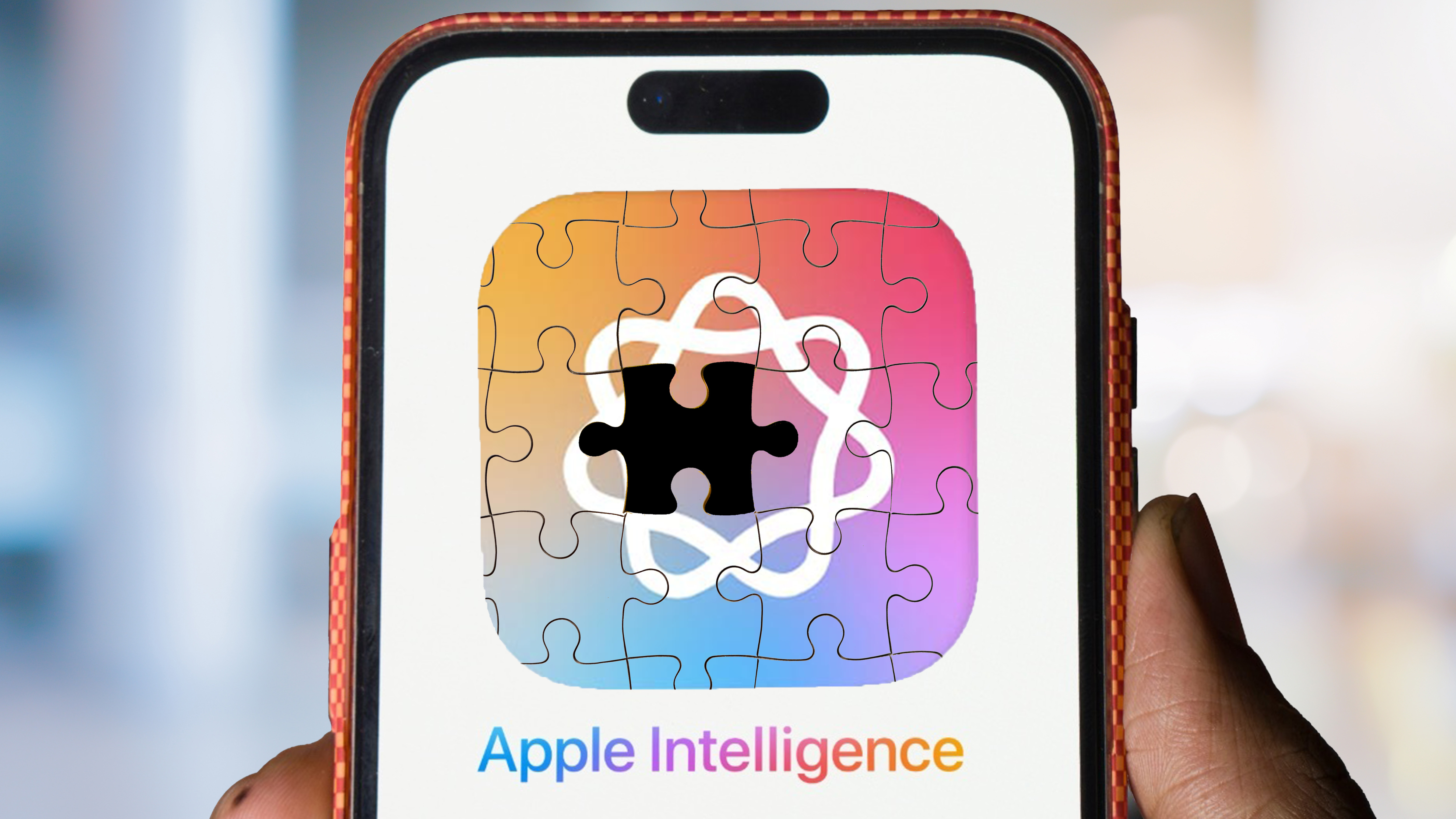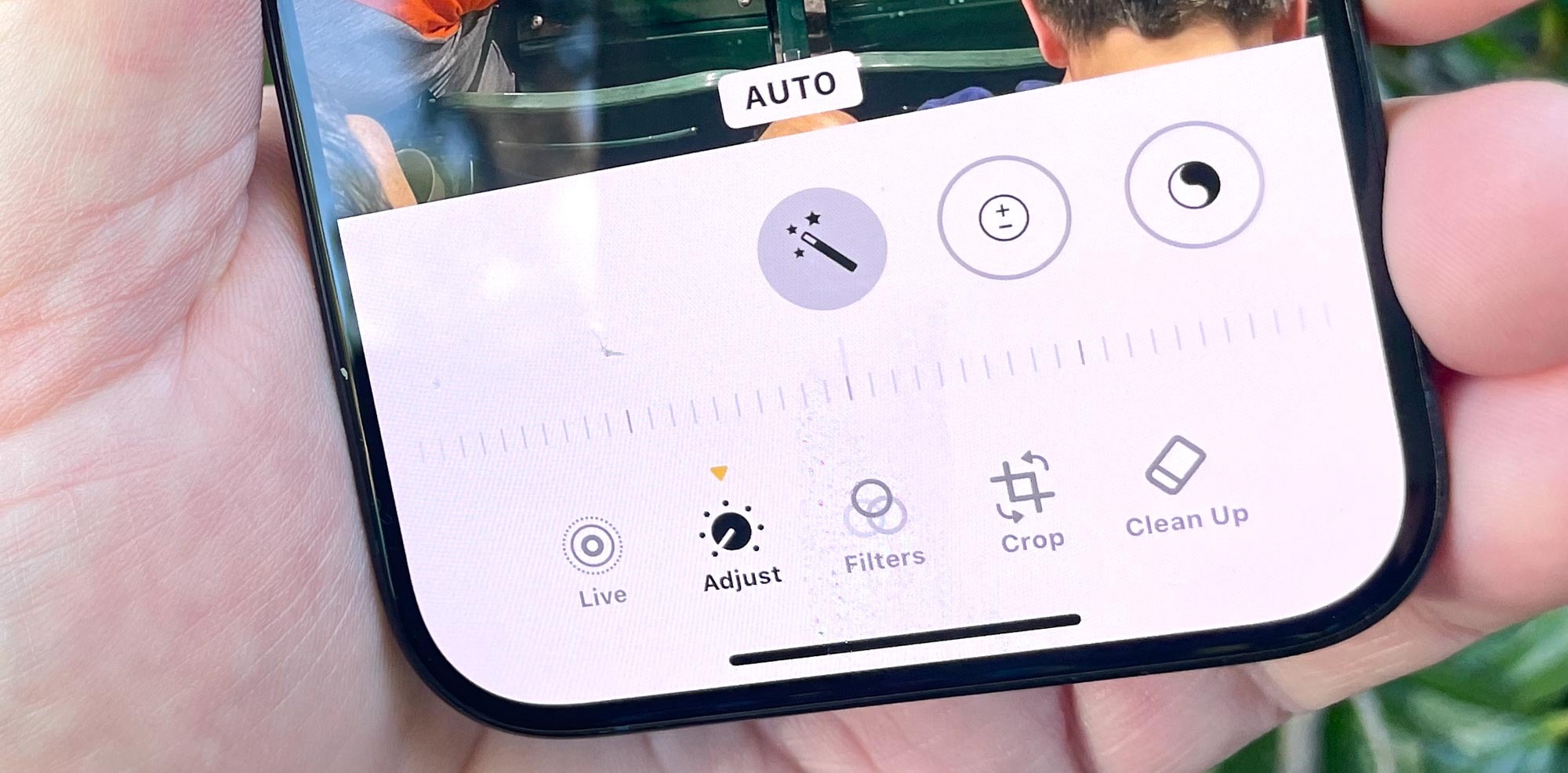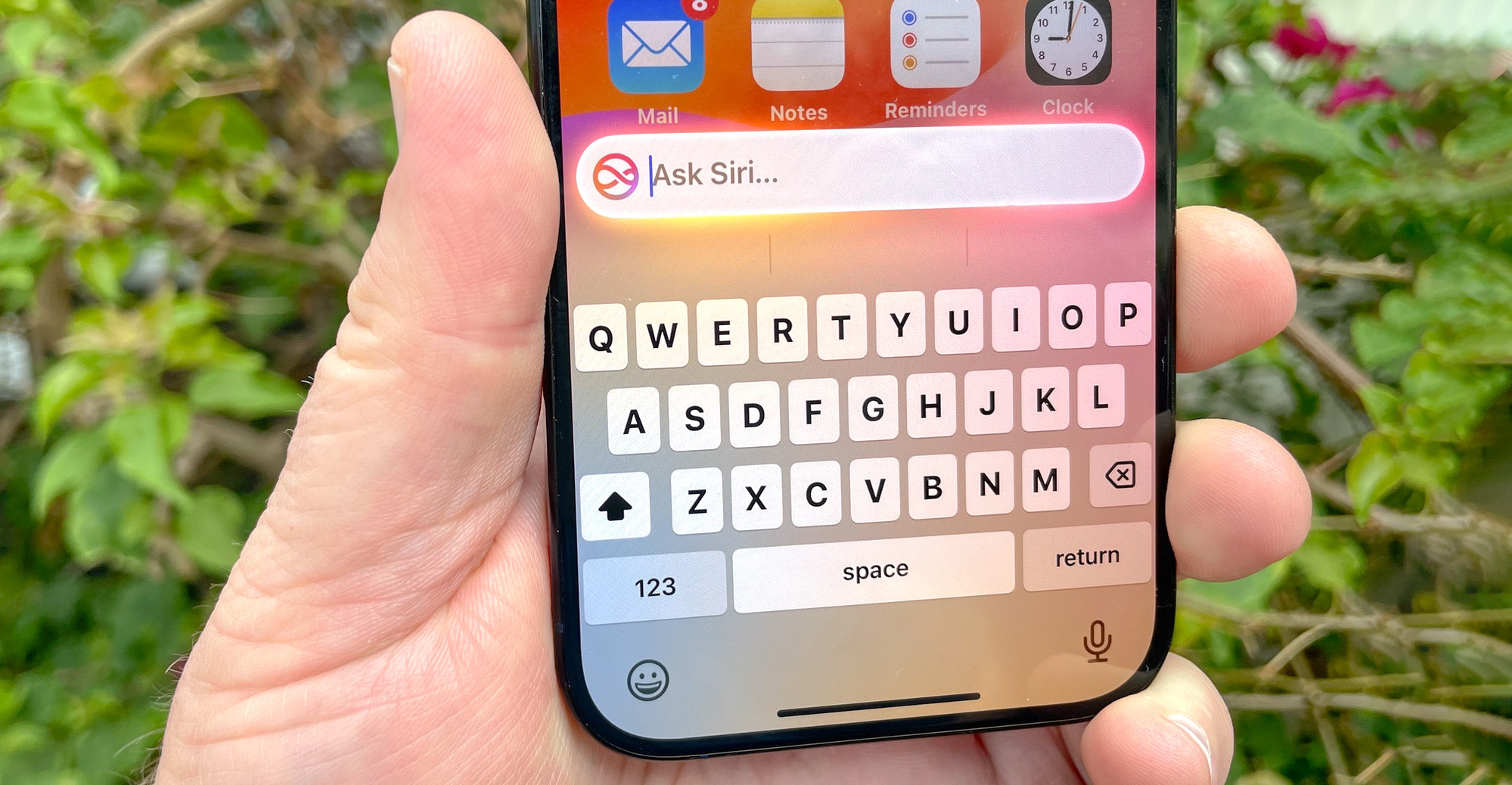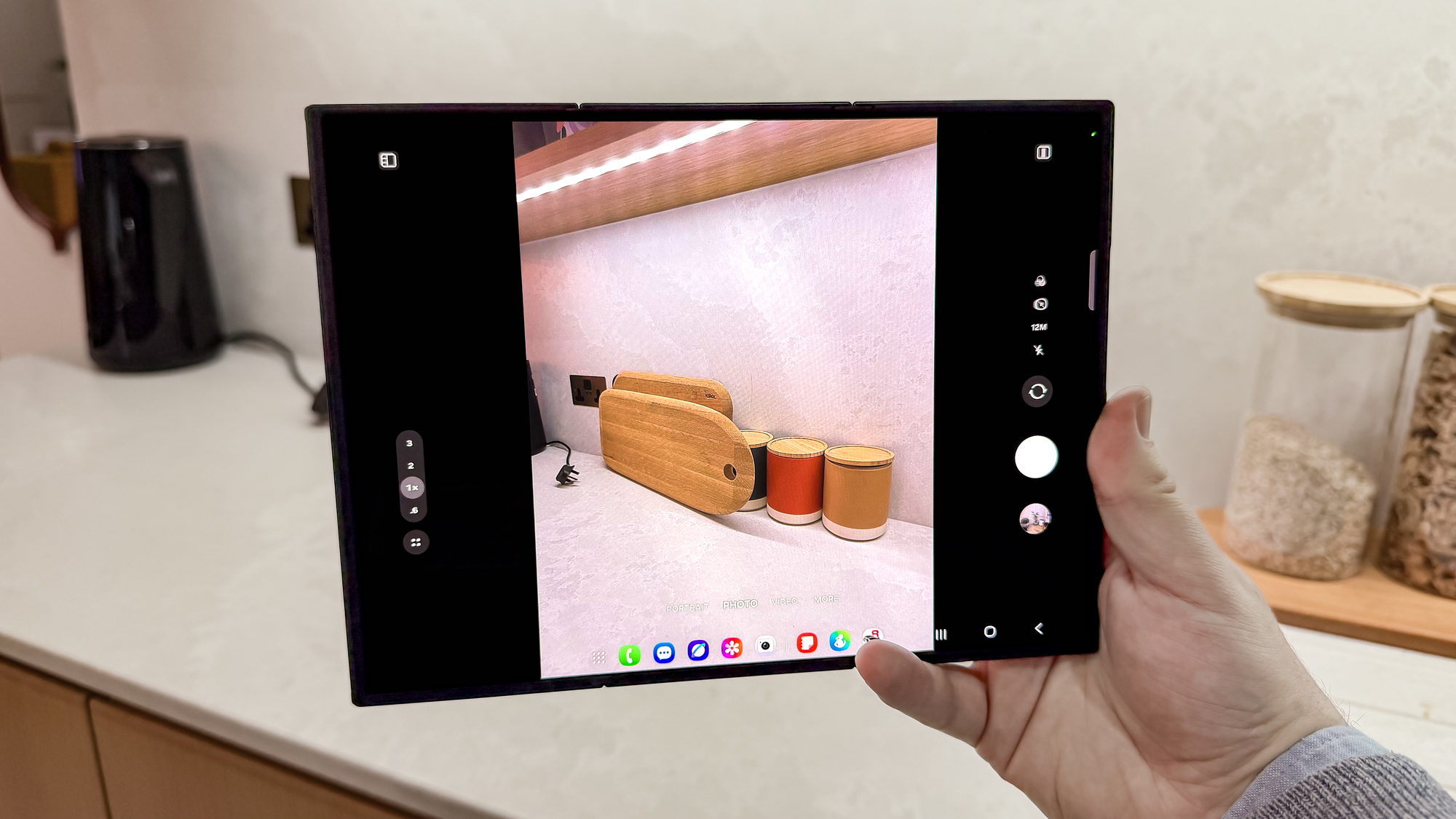Apple Intelligence is the most staggered launch in Apple's history — is that a good thing?
Inside Apple's big AI push

Here at Tom’s Guide our expert editors are committed to bringing you the best news, reviews and guides to help you stay informed and ahead of the curve!
You are now subscribed
Your newsletter sign-up was successful
Want to add more newsletters?

Daily (Mon-Sun)
Tom's Guide Daily
Sign up to get the latest updates on all of your favorite content! From cutting-edge tech news and the hottest streaming buzz to unbeatable deals on the best products and in-depth reviews, we’ve got you covered.

Weekly on Thursday
Tom's AI Guide
Be AI savvy with your weekly newsletter summing up all the biggest AI news you need to know. Plus, analysis from our AI editor and tips on how to use the latest AI tools!

Weekly on Friday
Tom's iGuide
Unlock the vast world of Apple news straight to your inbox. With coverage on everything from exciting product launches to essential software updates, this is your go-to source for the latest updates on all the best Apple content.

Weekly on Monday
Tom's Streaming Guide
Our weekly newsletter is expertly crafted to immerse you in the world of streaming. Stay updated on the latest releases and our top recommendations across your favorite streaming platforms.
Join the club
Get full access to premium articles, exclusive features and a growing list of member rewards.
Everywhere you look these days there’s the glowing animation of Siri and the name Apple Intelligence. It’s dominating all the ads for the iPhone 16 series so far, whether it’s Patrick Mahomes hurdling other customers to grab his new iPhone or a couple in bed fawning over the features while creeping out their kids.
Yup, Apple seems to be pinning all of its would-be upgraders’ hopes on Apple Intelligence, which is the company’s umbrella title for all of its AI features. Current offerings range from Writing Tools and asking Siri iPhone questions to creating Memory Movies. Plus, Apple Intelligence is available on all Macs and iPads with an M1 chip or newer.
But there’s still a lot of Apple Intelligence features not available yet — Visual Intelligence, ChatGPT integration, Genmoji and Image Playground are coming in iOS 18.2 in December. And other features are promised in future iOS 18 updates. Meanwhile, Bloomberg’s Mark German recently reported that some Apple employees believe that the company is around two years behind in artificial intelligence development.
So is Apple Intelligence on the right track or in trouble?
'Behind the competition'

I can definitely understand why customers might expect all Apple Intelligence features to work from day one, and it’s clear that the likes of OpenAI, Google and Anthropic have more advanced models at this stage.
“Apple’s AI models are demonstrably behind the competition, and it is just now adding imaging editing features that Samsung and Google introduced two generations ago,” says Avi Greengart, founder and lead analyst at Techsponential. “However, I’m not convinced that this means that Apple is behind in AI overall.”
Greengart told me that having a lead in AI technology is only meaningful if it leads both to consumer benefits and a sustainable business model. Apple’s monetization model is selling premium hardware and software/ecosystem subscriptions, so for now Apple Intelligence is about getting people to upgrade to iPhones and other devices that support the platform. Any possible subscriptions would come later once Apple gets a sense for what users want.
Get instant access to breaking news, the hottest reviews, great deals and helpful tips.
I asked Bob Borchers, Apple’s vice president of worldwide marketing, about the perceived gap between Apple and the competition on AI. "This is very much the early innings of generative AI,” he told me.
A different approach to AI

For better or worse, Apple’s approach to AI is what truly sets it apart from the competition. It’s not a separate thing that’s tacked on; instead, it’s deeply integrated into the apps and tools you use everyday.
“What we've done with Apple Intelligence is really look at how can we help our users do the things that they care about most, simply and easily, and really to make that as integrated and local to the experience as possible.”
— Bob Borchers, Apple
For example, Apple Intelligence will boil down your notifications into a quick summary to help you prioritize. Or if you want to remove an unwanted person or object from your photo, you’ll see the Clean Up icon there along the bottom of the screen.
“What we've done with Apple Intelligence is really look at how can we help our users do the things that they care about most, simply and easily, and really to make that as integrated and local to the experience as possible,” says Borchers. “And to do that, we started by building our own large language and diffusion models here at Apple, and then we specialized them for everyday tasks.”
Still, Apple’s cautious approach to AI image generation in particular seems to put them at a disadvantage when compared tools you’ll find in the latest Samsung Galaxy S24 and Pixel phones. For example, with the Pixel 9 series, you can completely reimagine what’s in the frame with a text prompt. But Apple seems to be deliberately holding back some features or simply deciding not to include them in order to avoid potentially harmful or misleading images from circulating.
In an interview with The Wall Street Journal, Apple software chief Craig Federighi said that “It’s important to us that we help purvey accurate information, not fantasy.”
Putting values first, features second
And that brings us to one of Apple’s four key Responsible AI Principles, which focuses on taking precautions during the design, model training and feature development process to identify how Apple’s AI tools may be misused or lead to potential harm. The other three principles relate to empowering users with intelligent tools, representing Apple’s users by building personal products that avoid perpetuating stereotypes and protecting privacy.
| iOS version | Availability | Apple Intelligence features |
| iOS 18.1 | October 28, 2024 | Clean Up, notification and app summaries, suggested replies, proofreading and rewriting tools, phone call recording and transcription, new focus mode, create Memories movies based on description |
| iOS 18.2 | December 2024 | Genmoji, Image Playground, Visual Intelligence, ChatGPT integration |
| iOS 18.3 | Before the end of 2024 (rumored) | Minor updates |
| iOS 18.4 | March 2025 (rumored) | Overhauled Siri assistant with better contextual and personalized responses |
“Our view has always been that we bring products to market when they are ready, and when we feel like we can do them in a way that is consistent with our values,” said Borchers. "That means making generative AI available in a useful way, in a responsible way, in a way that's private.”
Private Cloud Compute is a big part of Apple’s AI strategy, which handles requests that go off-device to interact with larger models, including ChatGPT. Apple is so confident that personal user data can’t be accessed by anyone that it recently offered up to $1 million to anyone who could compromise its security.
The Right Move?

So is Apple making the right call with its measured approach to Apple Intelligence or is it already being passed by? For example, it’s hard not to be impressed with ChatGPT Advanced voice and the ability to chat with what seems like a friend, complete with your choice of intonation on the fly.
A gradual rollout for Apple Intelligence is the right move given how we will likely see roughness around the edges as people begin to kick the tires on features.
— Neil Cybart, Above Avalon
For Neil Cybart, an AI analyst with Above Avalon, it’s important to keep in mind that Apple isn’t targeting early adopters but the masses. “A gradual rollout for Apple Intelligence is the right move given how we will likely see roughness around the edges as people begin to kick the tires on features. The average Apple user probably wasn’t going to suddenly embrace everything Apple Intelligence has to offer anyways,” says Cybart. “An Apple Intelligence launch that is spread out over the next year doesn’t concern me.”
As Cybart notes, not only is Apple Intelligence a work in progress on the iPhone, iPad and Mac, Apple hasn’t started extending Apple Intelligence to the rest of its ecosystem yet, whether it’s the Apple Watch with fitness and health, the AirPods or the Vision Pro.
So where does that leave Apple users now? According to CEO Tim Cook during Apple’s most recent earnings call, “users are adopting iOS 18.1 at twice the rate that they adopted 17.1 in the year-ago quarter.” Granted, that’s based on only three days’ worth of data, but it shows that the glow around Apple Intelligence seems to be spurring excitement.
But as Apple’s Borchers said, it’s still early innings for Apple Intelligence, and between Gemini Live rolling out, ChatGPT getting into search and new AI video generators starting to like Runway starting to appear, it remains to be seen whether Apple’s stepwise strategy will pay off or not.
More from Tom's Guide
- Forget Apple Intelligence in iOS 18.1 — here’s why I’m more excited for iOS 18.2
- I tested new Siri vs old Siri — how smart is Apple Intelligence?
- The best phones you can buy — tested and rated
Mark Spoonauer is the global editor in chief of Tom's Guide and has covered technology for over 20 years. In addition to overseeing the direction of Tom's Guide, Mark specializes in covering all things mobile, having reviewed dozens of smartphones and other gadgets. He has spoken at key industry events and appears regularly on TV to discuss the latest trends, including Cheddar, Fox Business and other outlets. Mark was previously editor in chief of Laptop Mag, and his work has appeared in Wired, Popular Science and Inc. Follow him on Twitter at @mspoonauer.
 Club Benefits
Club Benefits





















